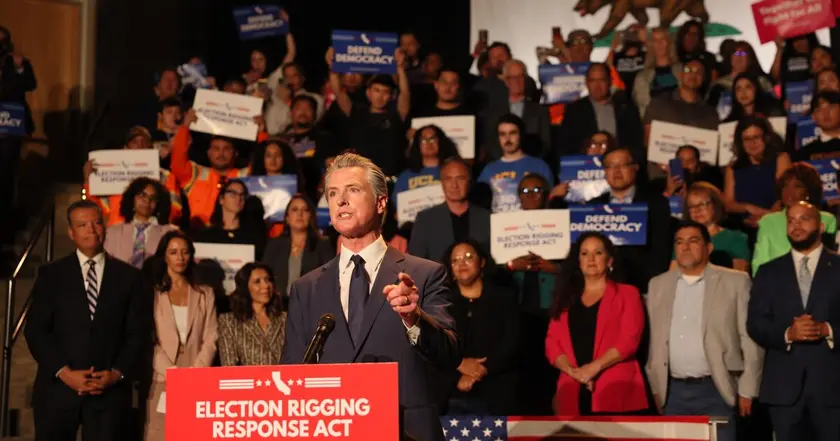T4K3.news
Mas party faces a new political test
Mas slumps to a small share in the latest election and must navigate internal splits and a tough economy ahead of the runoff.
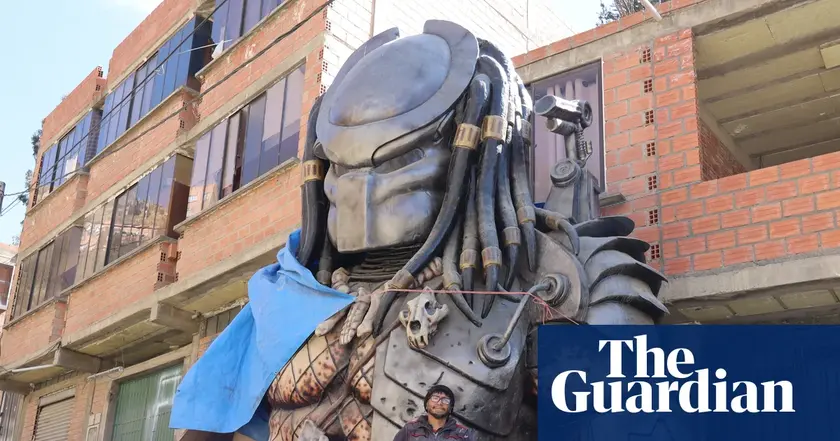
El Alto marks a turning point as Mas loses its traditional base and eyes a shrinking political footprint.
Mas party loses grip as Bolivia faces a political shakeup
In El Alto, the city’s tall cholets with bright facades and pop culture motifs symbolize a boom that helped Mas rise. In Sunday’s vote, Mas won only 3.16 percent, barely above the 3 percent threshold to stay on the ballot, pushing the race into a runoff between right wing candidates Paz Pereira and Jorge Quiroga. Early estimates indicate Mas could end with a single lower-house seat and no Senate seats.
Analysts say the decline reflects a mix of factors: an internal rift between Morales and current Mas leader Luis Arce, a cooling energy sector, and a string of corruption and project controversies that dented trust. Morales’s bid for a fourth term in 2019 was viewed as unconstitutional; he resigned after mass protests. A reopened case alleging Morales fathered a child with a 15-year-old girl led to an arrest warrant, complicating Mas’s governance narrative. Nationally, blank votes surged to 19 percent and rose in Mas strongholds such as El Alto, signaling discontent even where Mas once thrived. Some observers note Paz Pereira’s outreach to artisans, small business owners, and farmers broadened the field against Mas.
Key Takeaways
"The majority of cholet owners I speak to no longer support Mas."
Figueredo on shifting base in El Alto
"Mas has been knocked out."
Analyst Valverde on party collapse
"Once Mas began to get in the way of business, the support evaporated."
Chávez Álvarez on economic tension
"If the Bolivian police go ahead with the arrest, how many Bolivians will die? Is it worth many others dying for one person?"
Arce on arrest warrant and risk
Mas’s decline exposes deeper vulnerabilities in Bolivia’s leftist politics. A party built on a commodity boom and Indigenous symbolism now faces the danger of being defined by internal clashes and perceived misgovernance rather than policy wins. The split between Morales and Arce has left Mas without a clear, unifying platform, while economic strains tighten public patience. Rebuilding legitimacy will require focus on governance, transparency, and a credible plan for diversification beyond energy rents.
The result is a potential realignment in which center and right-leaning groups can press for reform while leftist voters search for steadier leadership. The question is whether Mas can reinvent itself fast enough to avoid permanent marginalization, or if Bolivia will see a longer period of political volatility as new coalitions form and test voters’ appetite for change.
Highlights
- Cholets tell a story of a party losing its gloss.
- Blank votes speak louder than slogans.
- Power must earn its seat not claim it by default.
- El Alto wants accountability more than rhetoric.
Political risk intensifies for MAS after election setback
The MAS party faces a real risk of further fragmentation, eroding support, and reputational damage from internal feuds, legal challenges, and ongoing economic distress. The party must address governance credibility and rebuild trust with voters to avoid deeper marginalization.
The next phase will test whether Bolivia can turn political ambition into durable governance.
Enjoyed this? Let your friends know!
Related News
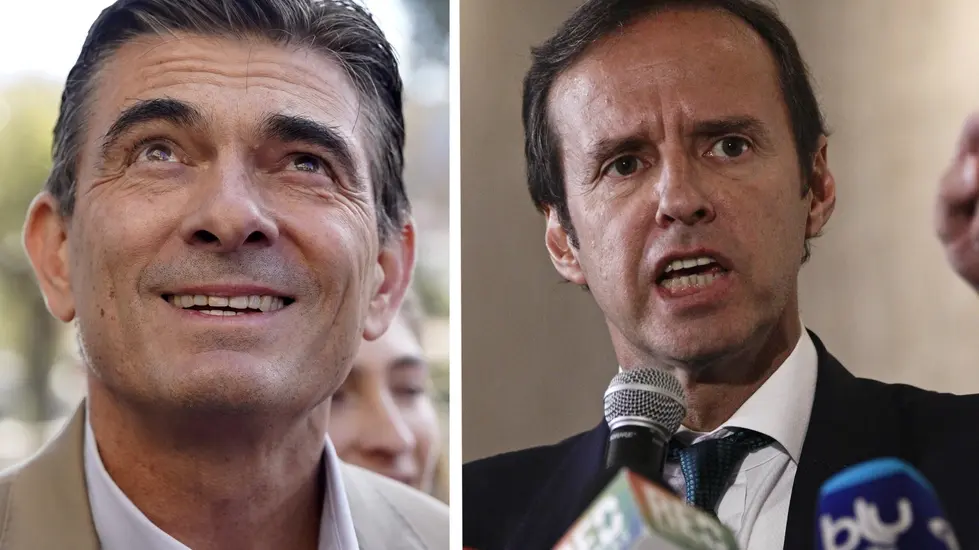
Bolivia heads to runoff after centrist lead
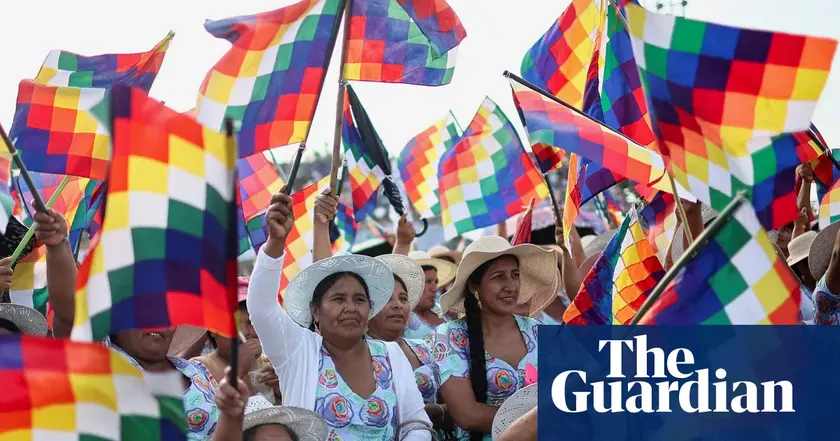
Bolivia election shifts power toward right

Wife of jailed former president Yoon arrested
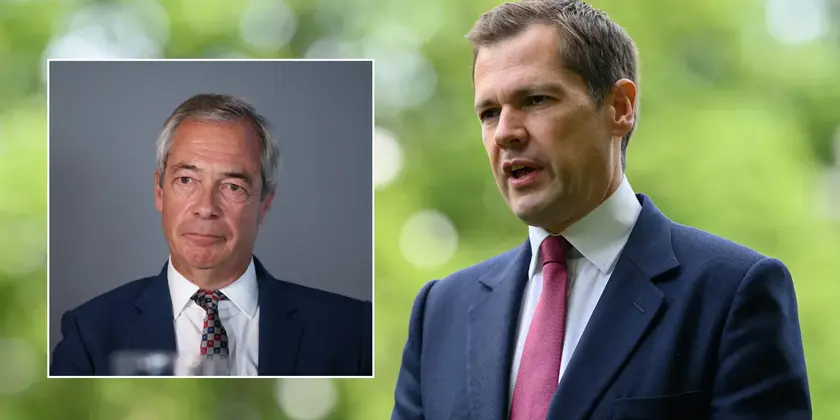
UK asylum hotel clash reshapes local politics
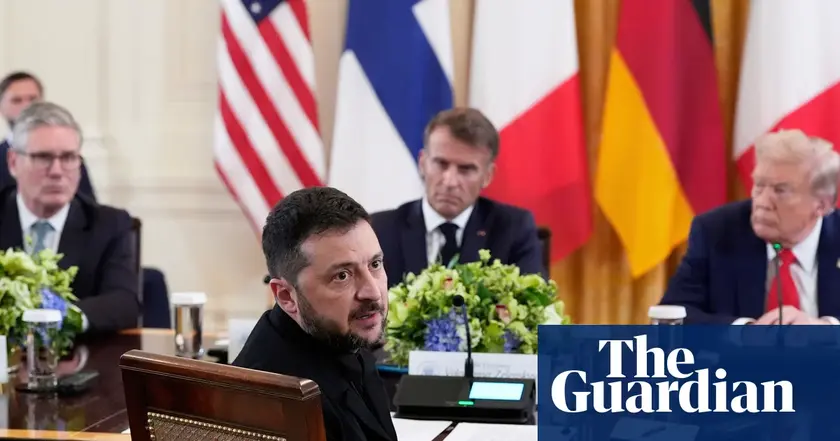
Ukraine talks push for US guarantees
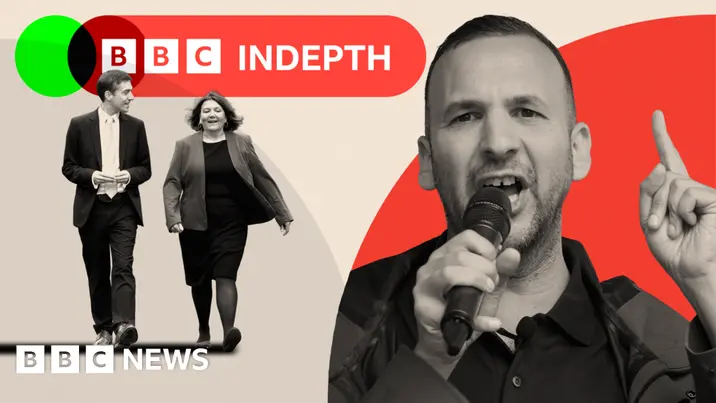
Greens face leadership test
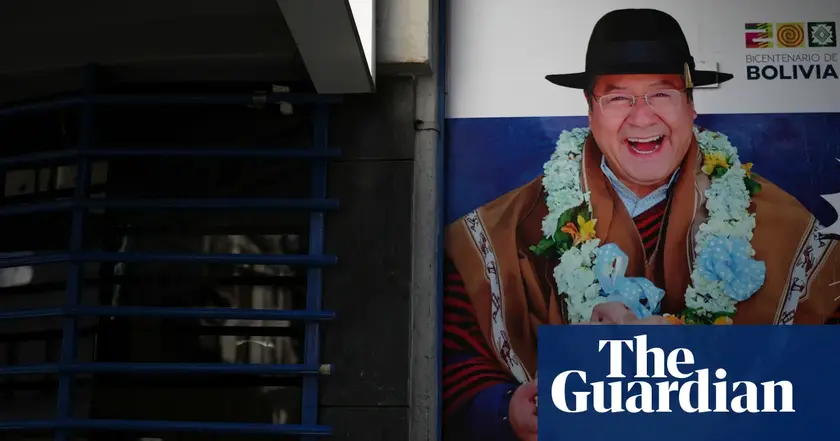
Bolivia faces pivotal election
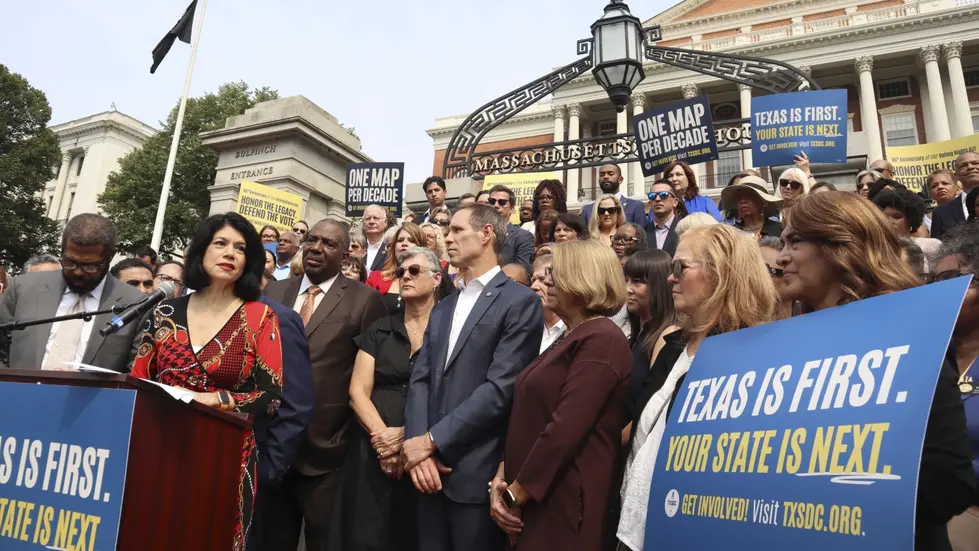
Redistricting Fights Shape Eight States Ahead of 2026 Elections
